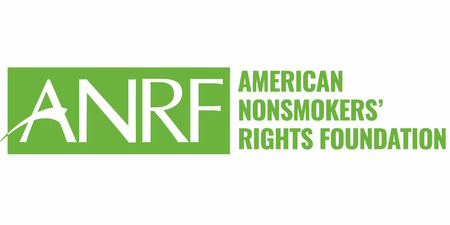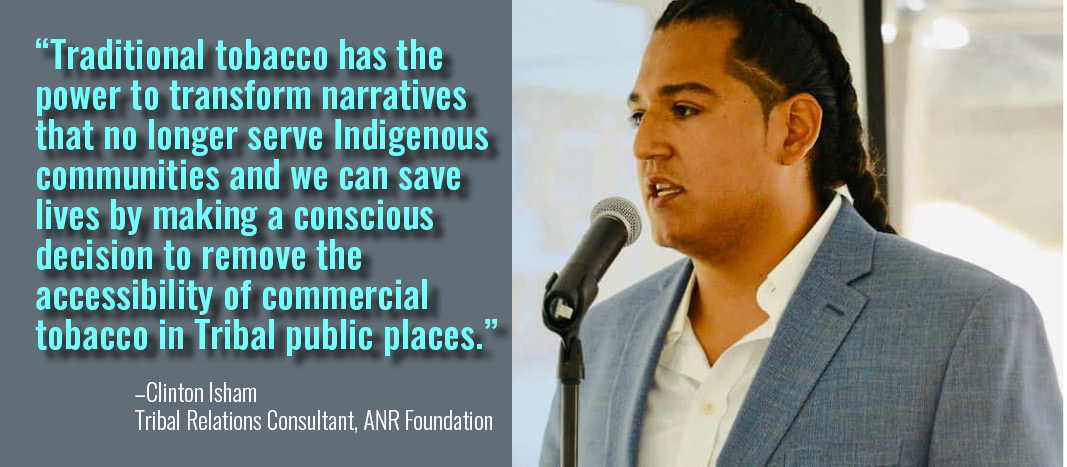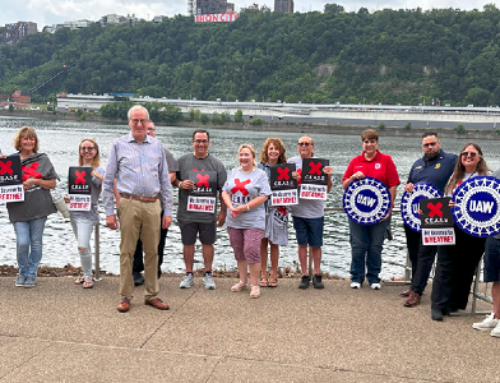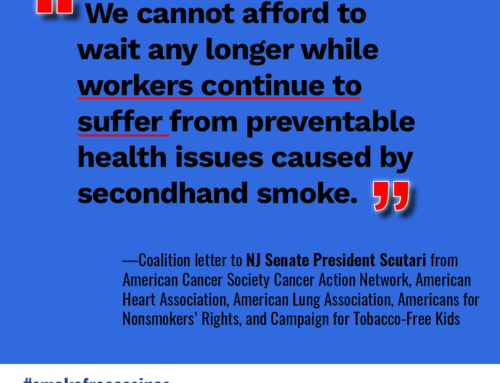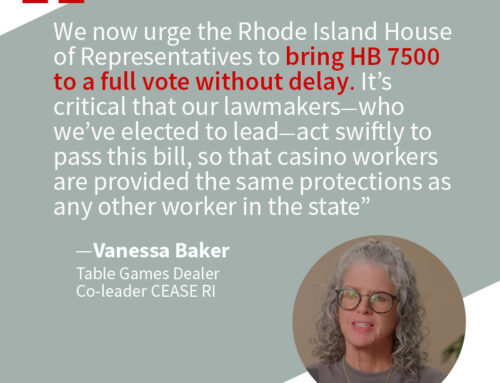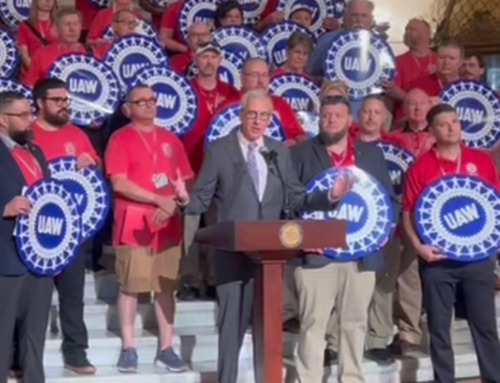By Clinton Isham, Tribal Relations Consultant, ANR Foundation
Indigenous Peoples’ Day is time to reflect and reshape our understanding of American Indian history, culture and sovereignty. We can begin by highlighting and questioning the inaccuracies behind seemingly innocent subject matter, such as the American Indian experience before and after Christopher Columbus discovered a vast and empty New World. Or, we can absorb completely new information, developed through an Indigenous lens, intended to help expand our perspective of the world around us.
Thankfully, Sterlin Harjo and Taika Waititi created the show Reservation Dogs on FX. Viewers can witness firsthand how American Indian experiences differ when they are written, directed, and portrayed from an Indigenous perspective. Reservations Dogs allows viewers to absorb a rarely-seen depiction of Indian Country, and it empowers Indigenous viewers to continue bringing awareness around the issues that are delicately woven into each episode of the show.
The first season of Reservations Dogs led me to reflect on commercial tobacco use and smokefree policies in Indian Country. The first season of Reservations Dogs led me to reflect on commercial tobacco use and smokefree policies in Indian Country. Commercial tobacco products (i.e., cigarettes, cigars, or e-cigarettes) are not used on-screen by the central Indigenous characters. Reservation Dogs organically depicts that tobacco use in Indigenous communities is solely for traditional/ ceremonial purposes (e.g., see Gary Farmer perform an axe ceremony to stop an entire tornado in Episode 8).
This is the extraordinary power of Tribal commercial tobacco policies, which are becoming increasingly common in Indian Country, especially within Tribal casinos (see list here). I assume someone made a conscious decision to specifically not show the use of cigarettes and other commercial tobacco products by the central Indigenous characters of Reservation Dogs, and it allows the narrative of Tribal public health to be transformed.
See, the intent of commercial tobacco policies is not to strip individual freedoms from smoking, they simply set parameters on where smoking can take place in an effort to transform a narrative that no longer serves a population.
Reservation Dogs built an Indigenous community with long-standing, strong smokefree commercial tobacco policies, and I can’t help but imagine what Indigenous communities would look like if those policies were replicated. Cigarette use rates would decrease. Insanely high cancer and disease rates would decrease. Life expectancy would increase. And the stories our ancestors passed down to us, would no longer serve the interests of profit-driven executives who exploit our tobacco.
Reservation Dogs teach us that traditional tobacco has the power to transform narratives that no longer serve Indigenous communities and we can save lives by making a conscious decision to remove the accessibility of commercial tobacco in Tribal public places. Thanks for reading and have a happy Indigenous Peoples’ Day!
Clinton Isham is a citizen of the Lac du Flambeau Band of Lake Superior Chippewa Indians and led a statewide commercial-tobacco prevention and control program for the 11 Tribes in Wisconsin. Clinton leads a national campaign for commercial-tobacco smokefree Tribal governments and casinos as the Tribal Relations consultant for the American Nonsmokers’ Rights Foundation.
Watch a video: Brooks Bigjohn of Lac du Flambeau as he explains the essential components of smokefree policy creation within the Tribe’s gaming facility.
Read more: Smokefree Tribal Resources
